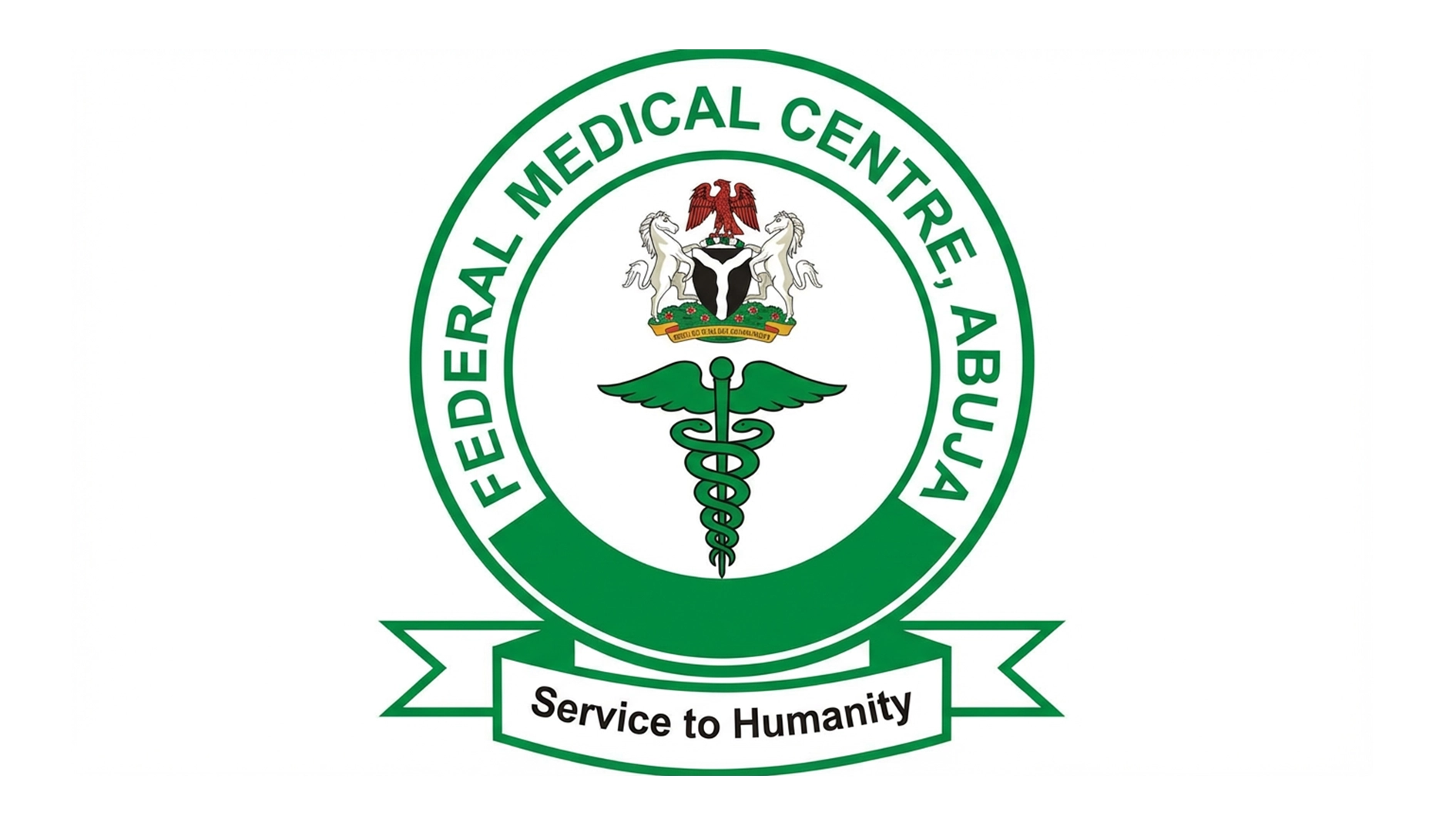The Africa Centres for Disease Control and Prevention (Africa CDC) has called for urgent and coordinated action to combat the rising burden of sickle cell disease (SCD) across the continent.
Director-General of Africa CDC, Dr Jean Kaseya, made the appeal during a recent high-level meeting, lamenting that sickle cell disease has “silently devastated families across Africa for generations,” warning that most of the 300,000 babies born with the condition each year in Africa die before their fifth birthday despite the availability of affordable and effective treatments.
“Every hour, 45 children are born with sickle cell disease in Africa, and most will not celebrate their fifth birthday because of limited access to early diagnosis, treatment, and support systems. This must change,” Kaseya said.
He explained that through the agency’s initiative, ‘A New Day for Children with Sickle Cell Disease,’ Africa CDC aims to integrate SCD management into primary healthcare systems, strengthen prevention and early detection, and expand access to affordable medicines.
“We are determined to give every child the chance to live a full and productive life,” he added.
Director for Texas Children’s Global HOPE, Dr Joseph Lubega, described sickle cell disease as the world’s most common inherited blood disorder, one that disproportionately affects sub-Saharan Africa. He said survivors often face lifelong pain, disability, and economic hardship, while the disease continues to impose a heavy toll on families and fragile health systems.
Lubega highlighted interventions such as newborn screening, immunisation, antibiotic prophylaxis, malaria prevention, and hydroxyurea therapy, noting that these proven, low-cost measures can save lives if scaled up through existing healthcare structures.
“These interventions are feasible and affordable. What we need is leadership, partnership, and commitment from all stakeholders to implement them and save our children and our continent from this burden,” he said.
Africa CDC said the new initiative builds on its Non-Communicable Diseases, Injuries, and Mental Health Promotion Strategy (2022–2026), which seeks to strengthen health policies, expand financing, and improve access to essential technologies and medicines.
The programme also advances earlier African Union (AU) commitments, including a 2005 World Health Assembly resolution recognising sickle cell disease as a major public health priority.
In 2025, Africa CDC signed a Memorandum of Understanding (MoU) with Texas Children’s Global HOPE to expand child health services, improve access to diagnostics, medicines, and vaccines, and train healthcare workers to better manage childhood diseases.
Participants at the meeting underscored the need for a multisectoral approach, noting that governments, civil society, communities, and the private sector must work together to prevent disease and improve care outcomes.
The meeting also urged AU Member States to endorse the AU Common Position on Non-Communicable Diseases, Injuries, and Mental Health at the 2026 AU Summit, and to commit to implementing the Multisectoral Engagement, Coordination, and Action (MECA) framework.
Other priorities include integrating sickle cell services into primary healthcare and universal health coverage, expanding pooled procurement and local manufacturing of essential medicines, and finalising a continental strategy for SCD control by the end of 2025.
“Africa has shown before, in the fight against HIV/AIDS and during the COVID-19 pandemic, that when we act together, we can change the course of history,” Kaseya said. “Now is the time to do the same for sickle cell disease.”






